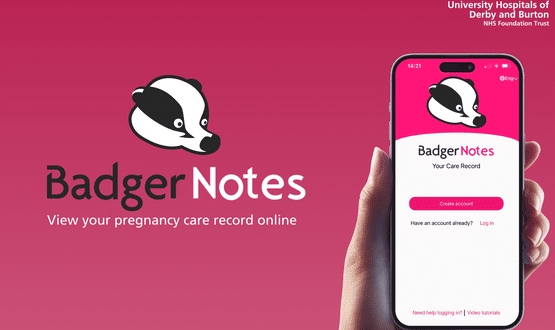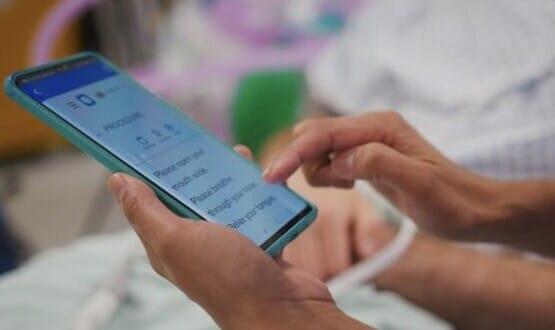Bucks had CRS infection control issues for 18 months
- 14 August 2008
Buckinghamshire Hospitals NHS Trust was forced to develop workarounds for isolating MRSA patients after Cerner’s Millennium care records system was unable to cope with its superbug monitoring system for 18 months.
In minutes obtained by E-Health Insider under the Freedom of Information Act, the trust’s National Programme for IT in the NHS programme board says infection control flagging was a problem throughout 2007.
“The introduction of the care records system on the Wycombe and Amersham sites has continued to present some challenges for the infection control team.
“These have mainly focused around the inability to remove any MRSA flags entered in error, the disappearing of the flag on the bed board when a patient moves wards/bed spaces and the intermittent omission of a yellow star against flagged patients in PowerChart.
“Work has been undertaken across the domain with the help of the strategic health authority to agree a solution. A fix has been developed and implementation is planned for early April 2008,” the board reported.
In a statement, the trust told EHI: “The fix went in on 9 April. The benefit of this is that the problems we had had prior to this were resolved.”
The problem was spotted a few weeks after the system went live in September 2006. In October 2007, EHI revealed that the problems caused delays in potentially infectious patients being isolated.
Following the coverage, the board reported: “The historical MRSA infection alerts needed to be put onto the CRS system manually following ‘go live’.
“This took approximately six weeks to do, during which time there was a possibility that some MRSA positive patients may have slipped through undetected if medical notes were not available. There have been several other problems with the system which have resulted in a small number of patients not being isolated promptly.”
The trust was forced to resort to manual methods to ensure infection control assessments were accurately recorded and that those who needed to be kept in isolation were kept apart from other patients.
A fix was initially promised for the end of November. However, this date slipped so the developer could provide a fix suitable for the whole NHS; an approach the Buckinghamshire board did not appreciate.
“It is apparent that Mid and South Bucks and Nuffield Orthopaedic Centre use the MRSA flag to show historical and current cases. The fix that Fujitsu will bring in will means that workflow processes will need to change for these sites.
“Milton Keynes work differently, and want the fix. We will have problems with downstream reporting if the fix is applied,” the board noted.
The infection control flags in Millennium are only for MRSA, Hepatitis A and Hepatitis B. Buckinghamshire also wanted a flag for C.difficile, which they said “was of vital importance for the trust, and we would not be prepared to roll out to Stoke Mandeville Hospital without the ability to monitor this infection.”
However, the board paper reveals that NHS Connecting for Health refused to fund this enhancement. “A C.difficile enhancement has been turned down by CfH due to associated costs,” the board noted.
As well as the lack of infection control, the board expressed concerns about many other aspects of the system. These included an encounter slice tool not working correctly, impacting the 18 week wait; the NHS number being missing from letters; missing patients; patient lists not pulling properly; rescheduling proving difficult and maternity proving unfit for purpose.
As EHI reported recently, Milton Keynes healthcare community said its deployment “developed into an untenable situation which resulted in near melt down of the [acute] organisation.”
Buckinghamshire says the focus on its neighbours meant it received less attention for fixes to their CRS, which impacted the go-live date at Stoke Mandeville.
The hospital eventually went live with Millennium at the end of March 2008, some 18 months after the Wycombe and Amersham sites, following successful testing of the infection control fix.





